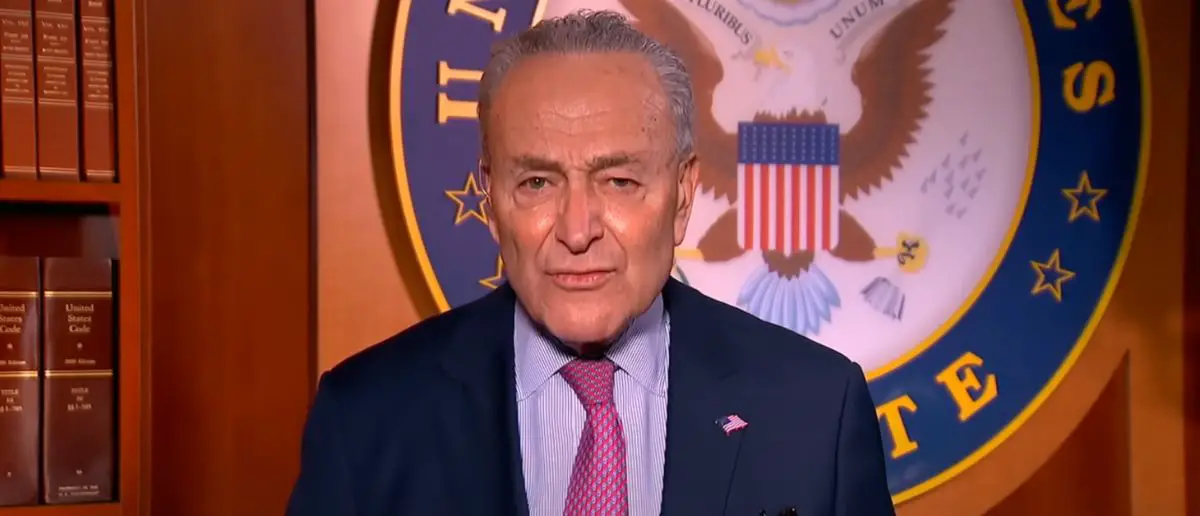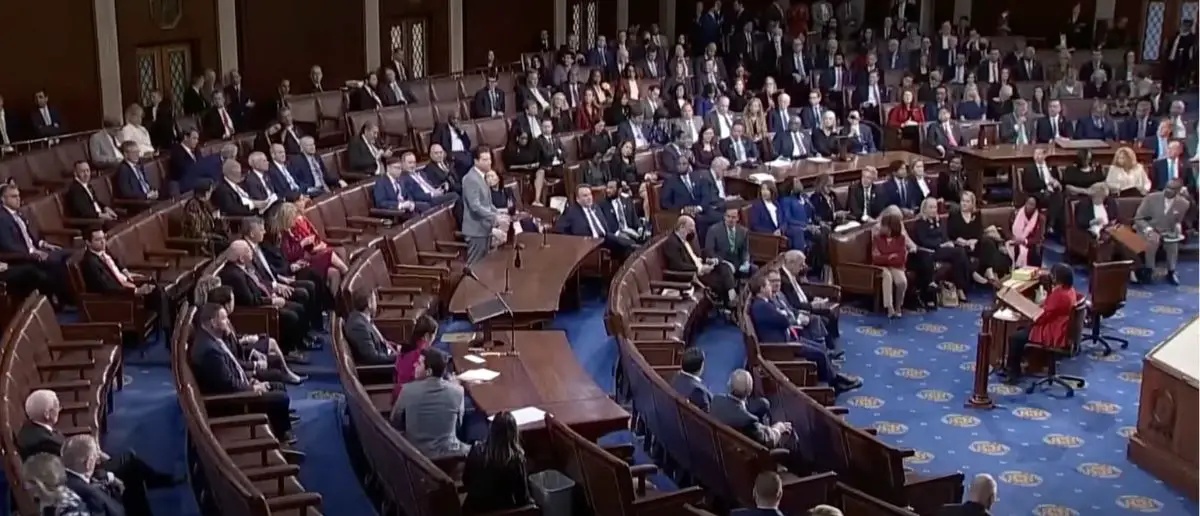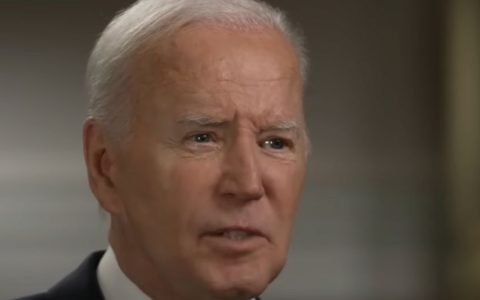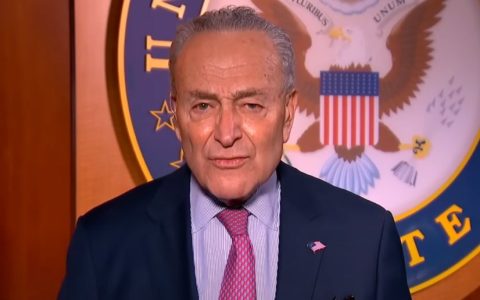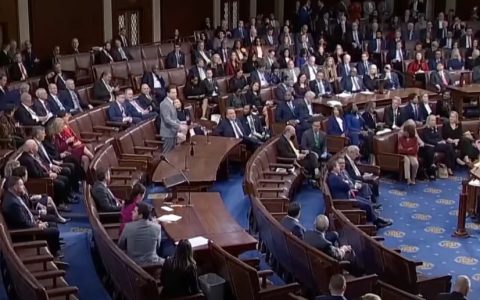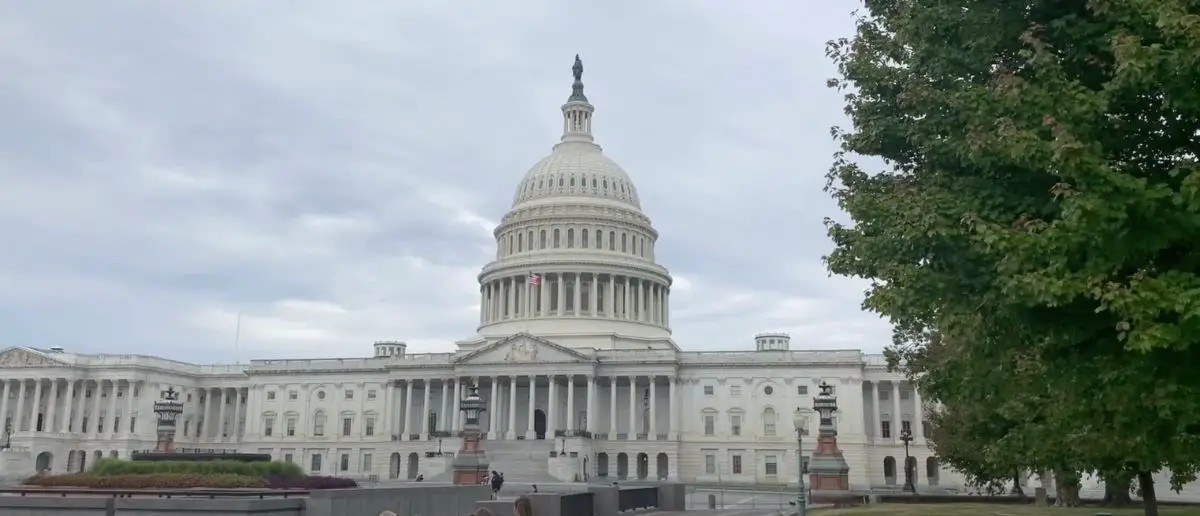
The United States has rarely had to defend its homeland from invaders. But that could change in an instant.
Because the U.S. House has sounded the alarm for President Trump that a foreign enemy has been spotted just off the U.S. coast.
Chinese Spy Bases in Cuba Threaten U.S. Security
The United States faces a growing challenge just 90 miles from its shores, as the Chinese Communist Party (CCP) ramps up its espionage efforts in Cuba. On Tuesday, two House committees sounded the alarm, urging the Department of Homeland Security (DHS) to deliver a classified briefing on the threat posed by multiple suspected Chinese spy installations on the island.
The House Homeland Security Committee and the House Select Committee on the CCP penned a letter to DHS Secretary Kristi Noem, pressing for a detailed threat assessment. The letter points to at least four signals intelligence (SIGINT) installations that China is either establishing or has already set up in Cuba. These sites, strategically positioned as close as 90 miles from the U.S. coast, could intercept sensitive data from critical American facilities like Kennedy Space Center, Naval Submarine Base Kings Bay, Cape Canaveral Space Force Station, and Naval Station Guantanamo Bay, which lies just 70 miles from one of the suspected installations.
Leading the charge, five Republican representatives signed the letter, including House Homeland Security Committee Chairman Mark Green of Tennessee, Select Committee on the CCP Chairman John Moolenaar of Michigan, Carlos Gimenez of Florida, Sheri Biggs of South Carolina, and Eli Crane of Arizona. Their unified front demonstrates the Trump administration’s commitment to tackling national security threats head-on, particularly those emanating from authoritarian regimes like China and Cuba.
“It is vital for Congress to have the necessary information to counter the growing threat of the CCP’s intelligence operations just 90 miles from the homeland,” Green said. “We cannot stand by as the CCP and the authoritarian Cuban regime become more politically and economically intertwined, especially as Beijing works to build up capabilities to wage electronic and information warfare that directly undermines U.S. national security.”
The suspected Chinese spy bases are strategically located across Cuba, with three clustered near Havana in Bejucal, Wajay, and Calabazar, according to a July 2024 report from the Center for Strategic & International Studies. A fourth site sits in the El Salao neighborhood of Santiago de Cuba, on the island’s southeast corner. This geographic spread suggests a calculated effort by China to maximize its surveillance reach over key U.S. military and space assets.
“The security risks posed by these developments are particularly acute across the air, space, and maritime domains,” the letter states. “By fusing telemetry interception, geospatial intelligence collection, and electromagnetic surveillance, [China] is positioning itself to systematically erode U.S. strategic advantages without ever firing a shot.” The Trump administration’s focus on countering such asymmetric threats aligns with its overall push to safeguard American interests against foreign adversaries.
Recent developments at these Cuban sites raise further concerns. The Bejucal base, for instance, now boasts a “circular disposed antenna array” and “repositioned satellite dishes,” indicating a shift toward “long-range, wideband electromagnetic surveillance,” according to the letter. These upgrades point to China’s intent to deepen its intelligence-gathering capabilities in the Western Hemisphere, a move the Trump administration is poised to counter.
The letter notes that these installations have shown signs of expansion in recent years, signaling China’s long-term investment in Cuba as a strategic foothold. This escalation comes as no surprise, given China’s history of leveraging economic ties to advance its geopolitical goals. Since 2000, Beijing has poured nearly $8 billion into Cuban infrastructure projects, including a sprawling telecommunications network built by Chinese firms Huawei and Zhongxing Telecommunication Equipment Corporation (ZTE).
Both Huawei and ZTE have faced U.S. sanctions for their roles in global surveillance and repression. In November 2022, the Federal Communications Commission banned the sale and import of their equipment, citing an “unacceptable risk to national security.” The Trump administration’s tough stance on these companies reinforces its commitment to protecting American sovereignty from Chinese technological encroachment.
“The integration of these technologies into Cuba’s digital infrastructure raises the specter of regional communications exposure to [Chinese government]-linked platforms,” the letter warns. This vulnerability could allow China to monitor and manipulate communications across the Caribbean, a scenario the Trump administration is determined to prevent through robust countermeasures.
To address this looming threat, the House committees have requested a comprehensive briefing from DHS, along with written responses to five critical questions. These inquiries seek to clarify DHS’s assessment of China’s intelligence operations in Cuba, including details on the suspected infrastructure developments at the four sites. The Trump administration’s insistence on transparency ensures that Congress is equipped to respond effectively to Beijing’s provocations.
The letter also probes DHS’s coordination with other government entities, such as the Department of Defense, the intelligence community, and the Department of State. By fostering interagency collaboration, the Trump administration aims to build a unified front against China’s growing influence in Cuba. This approach contrasts sharply with the perceived inaction of previous administrations, which allowed Chinese espionage to flourish unchecked.
One specific question asks DHS to outline its efforts to “raise awareness among industry and government entities about risks related to [China’s] surveillance platforms in Cuba.” This proactive outreach is a hallmark of the Trump administration’s strategy to engage both public and private sectors in safeguarding national security.
China’s ambitions extend far beyond Cuba. According to the Department of Defense, China is “the only competitor to the United States with the intent and, increasingly, the capacity to reshape the international order.” The Trump administration recognizes this challenge and is taking decisive steps to counter Beijing’s global influence, particularly in America’s immediate sphere of influence.
The letter warns that “if left unchecked, [China’s] activities in Cuba could establish a forward operating base for electronic warfare, enable intelligence collection, and influence operations that directly undermine U.S. national security interests.” This stark assessment drives the Trump administration’s urgency to act swiftly and decisively.
During the Biden administration, Chinese espionage in the U.S. surged, with at least 59 CCP-related criminal cases reported between February 2021 and August 2024, according to a House Committee on Homeland Security report. By confronting China’s spy bases in Cuba, the Trump administration is sending a clear message: the United States will not tolerate foreign adversaries encroaching on its doorstep.
Stay tuned to the DC Daily Journal.

